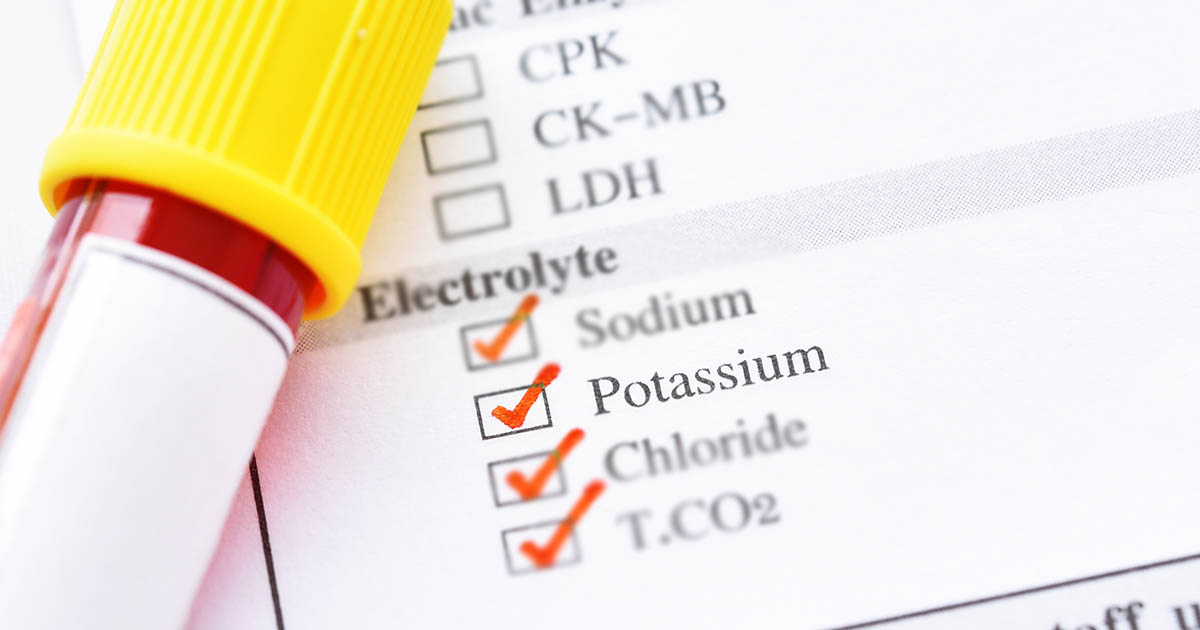Common Symptoms Of Gitelman Syndrome
Gitelman syndrome is a genetically precipitated disorder that causes functional kidney defects. This condition causes alterations in several concentrations of electrolytes and abnormalities in extracellular fluid volume. This syndrome is considered to be a salt-wasting nephropathy that affects sodium, calcium, chloride, potassium, and magnesium in an individual's body. The cause of Gitelman syndrome is a mutation or alteration in the code on an individual's SLC12A3 gene inherited from a family member in an autosomal recessive fashion. Unlike other salt-wasting nephropathies, Gitelman syndrome is diagnosed through laboratory test findings rather than the symptoms an individual is experiencing.
Symptoms can vary from mild to severe and may differ greatly from one affected individual to the next. With this in mind, look at some of the common ones now.
Low Potassium And Magnesium

Gitelman syndrome patients may have low potassium and magnesium. The mutations in affected individuals cause disruptions in sodium reabsorption that should occur in the distal convoluted tubule. Because this is the last stop before reaching the collecting duct, the excess sodium continues to become part of rine. This malfunction pulls increased volumes of fluid into the urine, lowering blood volume. Blood pressure begins to fall, and the angiotensin-aldosterone system is activated and causes an elevation in aldosterone. Elevated aldosterone stimulates sodium reabsorption in the cortical collecting duct as a backup mechanism of maintaining homeostasis. This mechanism results in increased potassium and hydrogen ion secretion through the urine, and a decrease in the protein or channel required for proper reabsorption of magnesium. Potassium is an electrolyte critical to proper nerve signaling and muscle contractions, while magnesium is an electrolyte critical to metabolism and protein synthesis. Low potassium and magnesium can be detected through a blood test and cause adverse symptoms like irregular heartbeat and muscle cramps.
Keep reading to learn about another mineral Gitelman syndrome patients may not have much of next.